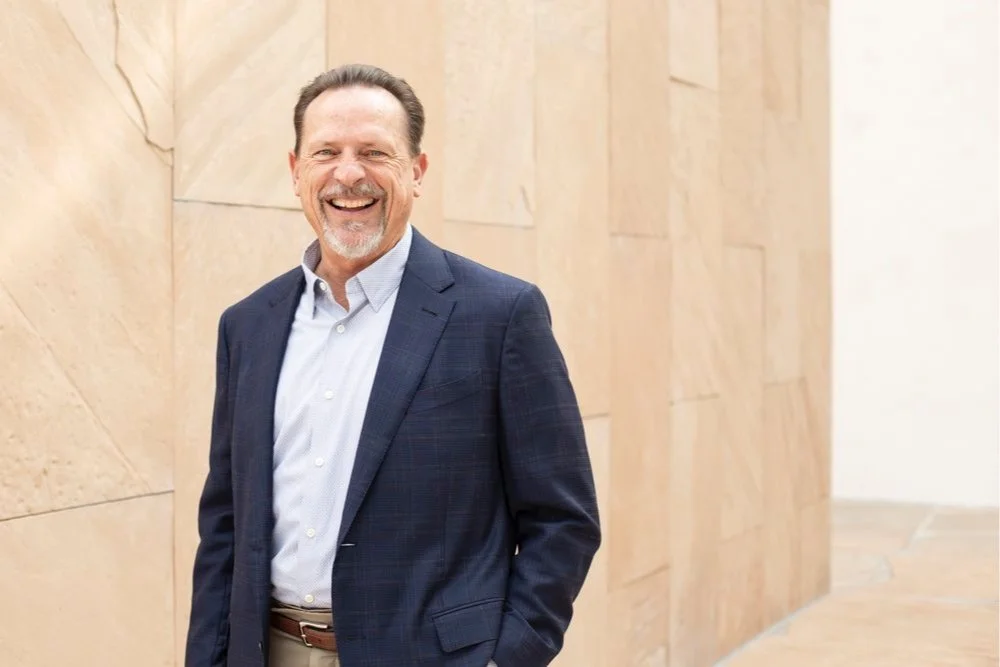About Us
Meet our Founder
Randy Powell
Licensed Marriage and Family Therapist, LMFT 27433
Licensed Minister
M.A. Marriage and Family Therapy
B.A. Religion
Randy is a licensed Marriage and Family Therapist and is the Founder and Executive Director at Journeys Counseling Ministry. He began the counseling center at Vanguard University, started a ministry called "Hands Across the Border" at Vanguard and was the first full-time pastor for the university. He has been a singles' pastor, family pastor, and pioneered a new church. He earned his Master's in Marriage and Family Therapy from Cal State Fullerton University and Bachelor of Arts in Religion from Vanguard University. Randy is a licensed minister and a regular speaker at churches and conferences. Randy has been a radio guest on a number of radio shows, podcasts, and has been interviewed on the Oprah Winfrey Network.
Our Philosophy
Vibrant Living Coaching (VLC) is a growth process grounded in Christian principles, contributing to a more abundant life (John 10:10b) for individuals, families, leaders, and ministries. VLC integrates wisdom from Scripture, science, and research from psychology and systems theory to enable clients to thrive in a world of chaos. VLC’s coaches work alongside clients to encourage behavior aligned with Scriptural values, leading to God-designed Vibrant Living.
Vibrant Living Coaching
Maximize your God-given potential and recognize the talents and passions God has placed in your heart by engaging with a Vibrant Living Coach. You will gain an understanding of the vast resources God has made available to you when you intentionally direct the focus of your heart, mind, soul, and strength. Through collaboration with a VLC coach, you will identify obstacles to this process and form new patterns and habits that can lead to a more fulfilled and vibrant life.
Coaching vs Therapy
The International Federation of Coaching (ICF) defines coaching as “partnering with clients in a thought-provoking and creative process that inspires them to maximize their personal and professional potential”. It is important to understand that coaching is not psychotherapy nor is it a substitute for therapy. It can be useful to consider the differences between the two before engaging in a coaching agreement to determine which service would best meet your needs.
Coaching
Less formal; collaborative partnership
Future-focused and proactive
Focus on growing: setting goals and attaining dreams, getting “unstuck,” managing the process of positive change
May not diagnose or treat mental illness or disorder
Not regulated by any government agency
No license or certification required
Information shared is considered private
therapy
More formal; “expert-patient” relationship
Often past-focused and reactive
Focus on healing: overcoming problems, resolving issues causing past or current emotional pain or impaired functioning
Includes the assessment, diagnosis and treatment of mental illness or disorder
Regulated by state and local government agencies
License and/or certification required to practice
Information shared is confidential and legally protected
